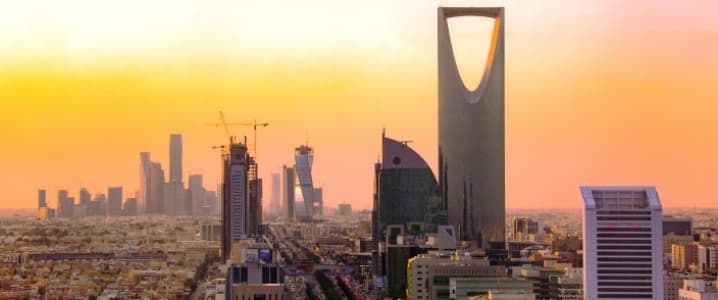Saudi Arabia on Thursday made the first payment totaling US$533 million (2 billion riyals) as part of its new household allowance program that reaches 10.6 million beneficiaries, before it starts raising food and gasoline prices.
Known as the Citizens Account, the allowance scheme is a national cash transfer program that was first announced by the Government in December 2016 and opened for registrations in February 2017, according to the official Saudi Press Agency (SPA).
The allowance is aimed at easing the direct and indirect impact of the gasoline and electricity price hikes, and the VAT increase on food and beverages.
Saudi Arabia made bank transfers on Thursday to around 3 million households, for a total of 10.6 million beneficiaries, according to Saudi Minister of Labor and Social Development, Ali al-Ghafees. Some 20 percent of the applicants did not qualify to get allowances.
Last week, officials at the Saudi labor ministry said that around 3.7 million households signed up for the program, representing about 13 million total beneficiaries, but that not all would be qualified to receive allowances.
As part of its plan to gradually eliminate fuel subsidies, Saudi Arabia is said to be planning to raise domestic gasoline prices by 80 percent in January, and make them level with international prices until 2023 or possibly 2025.
The new welfare payments were made just days after Saudi Arabia announced more spending in its 2018 budget.
In the budget, the Saudis expect oil revenues to rise in 2018 compared to 2017, but they will still run a budget deficit next year. In 2018, Saudi Arabia expects its budget deficit to be 7.3 percent of GDP, compared to this year’s budget gap of 8.9 percent of GDP, and to 12.8 percent of GDP in 2016. Amid aggressive spending, Saudi Arabia is delaying its target to reach a balanced budget to 2023 from the initial target of as early as 2019.
By Tsvetana Paraskova for Oilprice.com
More Top Reads From Oilprice.com:
- The Next Big Hurdle For Keystone XL
- Aramco’s “Acquisition Hit List”
- Toyota Could Become Tesla’s Next Big Headache


















